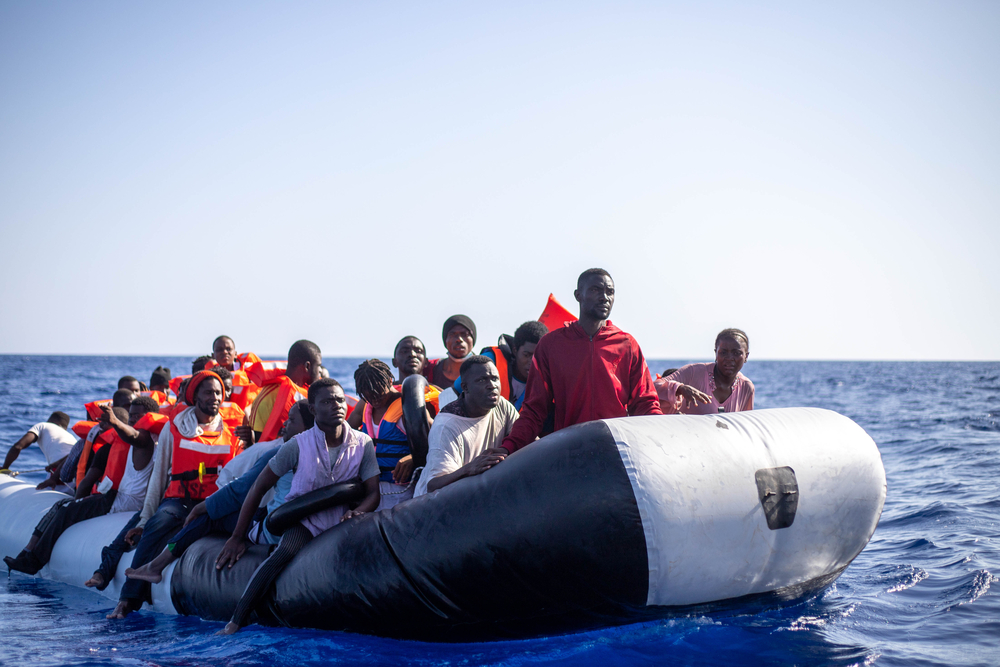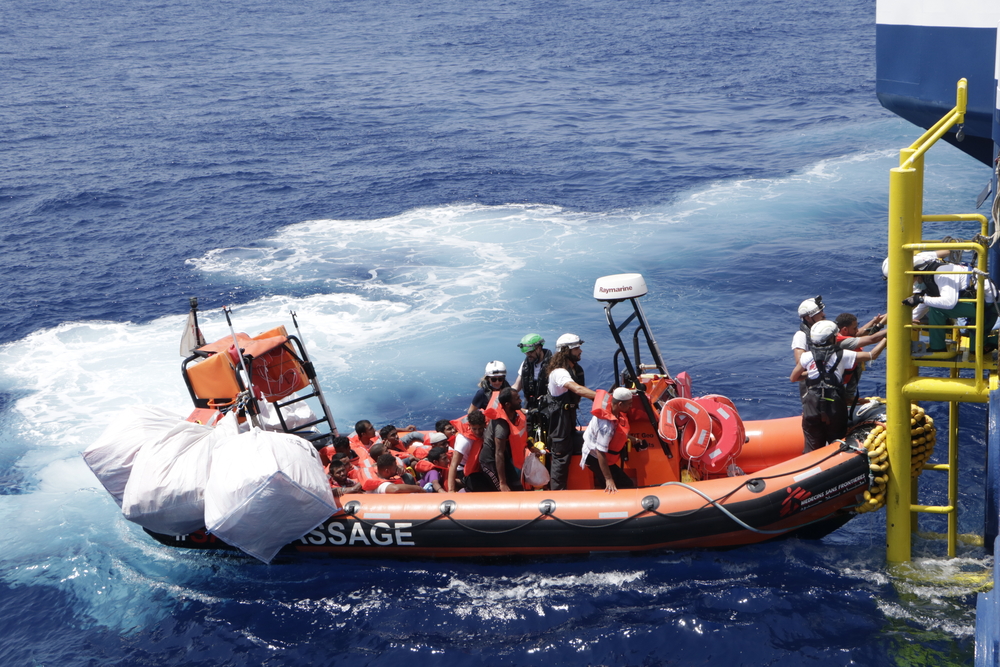A new law decree, signed by the Italian President on 2 January 2023, will reduce rescue capacities at sea and thereby make the central Mediterranean, one of the world’s deadliest migration routes, even more dangerous. The decree ostensibly targets SAR NGOs, but the real price will be paid by people fleeing across the central Mediterranean and finding themselves in situations of distress.
Since 2014, civilian rescue ships are filling the void that European States have deliberately left after discontinuing their state-led SAR operations. NGOs have played an essential role in filling this gap and preventing more lives being lost at sea, while consistently upholding applicable law.
Despite this, EU Member States – most prominently Italy – have for years attempted to obstruct civilian SAR activities through defamation, administrative harassment and criminalising NGOs and activists.



